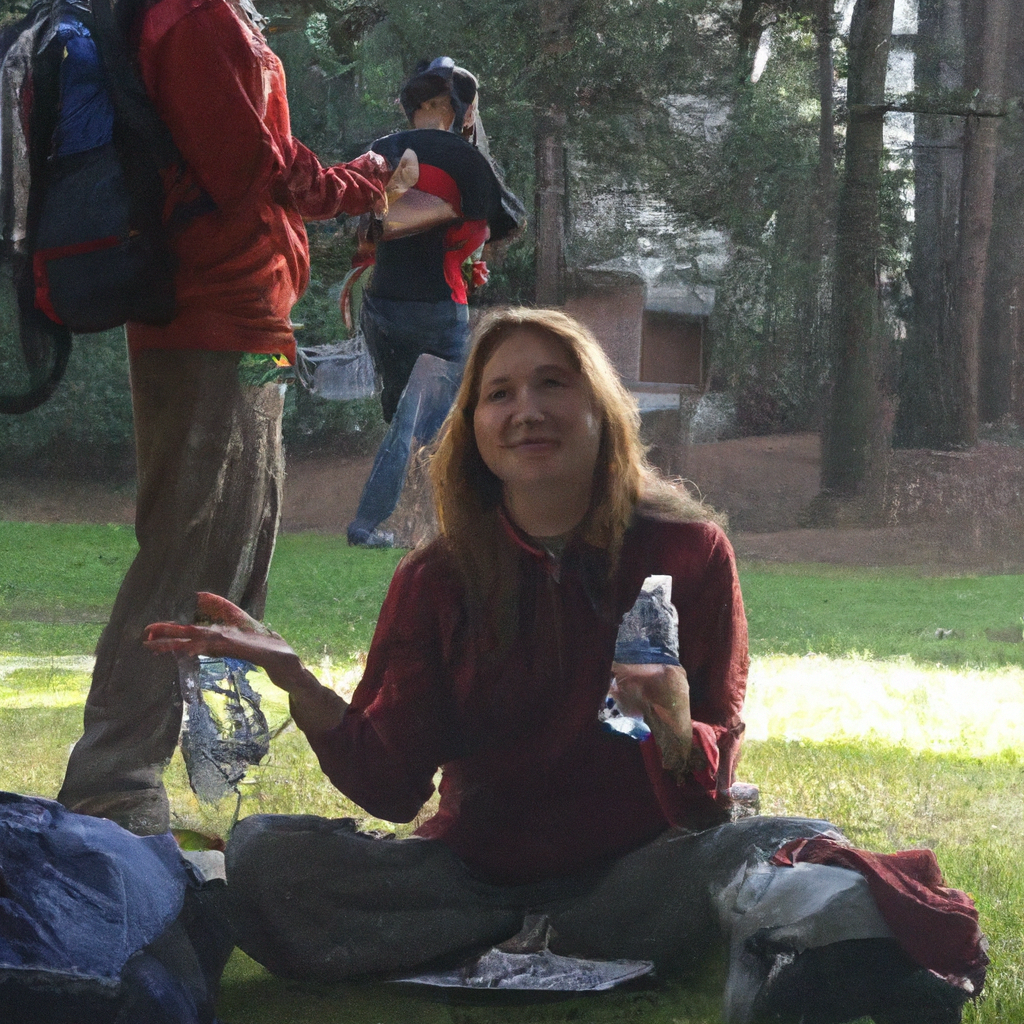In today’s world, where the constant barrage of marketing campaigns and the pressure to stay abreast of changing trends are the norm, consumerism has become deeply ingrained in our society. However, a growing movement questions the belief that more possessions equate to happiness. Instead, it encourages individuals to resist the allure of consumerism and embrace a different way of life. By adopting this approach, people can discover greater satisfaction, reduce stress levels, improve their well-being, and make a positive impact on the environment.
Understanding the Hold of Consumerism
Consumerism is often defined as the relentless pursuit and consumption of goods and services. It has become a fundamental aspect of our culture due to the constant exposure to advertisements and influencers promoting new products. The incessant pressure to continually upgrade our possessions can lead us into an unending cycle of discontentment. However, numerous studies have debunked the notion that material possessions bring lasting happiness. In reality, the initial excitement fades quickly, leaving us perpetually longing for more.
The Allure of Embracing Frugality
Frugality should not be misunderstood as deprivation; rather, it is a conscious choice to lead a more purposeful life. Embracing a frugal lifestyle involves carefully evaluating our needs versus wants and making thoughtful decisions when it comes to purchases. It also means shifting our focus away from accumulating possessions and towards accumulating experiences. This change in mindset allows us to break free from the cycle of consumerism and find contentment in appreciating what we already have, deriving joy from life’s simple pleasures.
The Advantages of Embracing Frugality
- Financial Freedom: Consumerism often leads individuals into debt as they chase after the latest gadgets, fashion trends, and extravagant lifestyles. By adopting a frugal approach, individuals can break free from this cycle, prioritize saving money, and work towards achieving financial independence. This newfound freedom not only brings peace of mind but also opens up opportunities to pursue passions and meaningful experiences.
- Reduced Stress: The perpetual pursuit of more can take a toll on well-being, causing stress and anxiety. Managing credit card bills, loan repayments, and maintaining a lavish lifestyle can become overwhelming. Embracing frugality promotes simplification, reducing stress and allowing individuals to focus on what genuinely brings them happiness.
- Positive Environmental Impact: Consumerism contributes significantly to overproduction, excessive waste generation, and environmental degradation. By resisting the urge for constant consumption and making deliberate choices in our purchases, we can make a substantial difference in reducing our ecological footprint. Opting for quality over quantity, considering secondhand items as alternatives, and embracing sustainable principles all contribute to creating a healthier planet.
Living a Fulfilling Frugal Life
Living a fulfilling life involves prioritizing experiences over material possessions, as studies have consistently shown that experiences bring lasting happiness. By focusing on building memories and forming connections with others, individuals can enhance their overall well-being. Choosing frugality encourages individuals to invest in activities that nurture their sense of happiness and contentment.
Steps Toward Embracing Frugality
- Budgeting: Creating a budget is a fundamental step towards living frugally. By tracking income and expenses, individuals gain clarity on their spending habits and can identify areas where cutbacks can be made.
- Mindful Spending: Before making a purchase, take a moment to reflect on whether the item is genuinely necessary or just a passing desire. Delaying gratification and making deliberate choices can help prevent impulse buying.
- Embracing Minimalism: Minimalism revolves around curating possessions to include only those that truly add value and joy to life. Decluttering spaces and letting go of unnecessary items can reinforce the belief that less is more.
- Secondhand Shopping: Whenever possible, consider opting for secondhand or pre-owned items instead of buying brand new ones. Thrift shops, online marketplaces, and community swaps offer a variety of high-quality items at a fraction of the price.
- Engage in DIY Projects: Upcycling and engaging in do-it-yourself projects not only help save money but also foster creativity and reduce waste.
- Prioritize Experiences: Instead of focusing solely on material possessions, allocate resources to experiences such as travel, workshops, or activities that align with personal interests.
- Practice Gratitude: Regularly take time to acknowledge and appreciate the belongings, relationships, and experiences that bring joy. Practicing gratitude reinforces the aspects of living that truly matter.
The Path to Fulfillment
Making the choice to resist consumerism and embrace frugality can lead to a more meaningful and satisfying life. By shifting attention from possessions to experiences, relationships, and personal growth, individuals can break free from the consumerist cycle and uncover the true value of a simpler and more purposeful lifestyle. As more individuals join this movement, the cultural narrative around success and happiness has the potential to transform, promoting well-being, sustainability, and fostering connections within our world.









